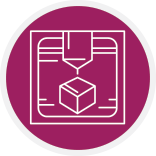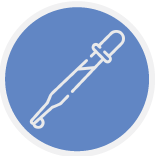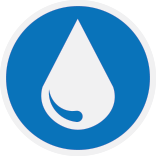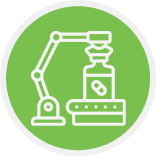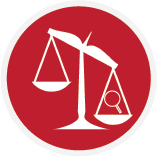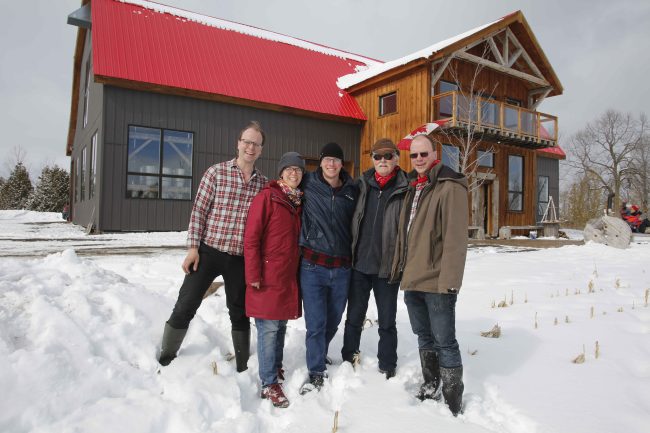Why choose U of T Engineering for your Master of Engineering degree?
Flexibility is a hallmark of this degree with a range of Master of Engineering (MEng) pathways and industry-relevant emphases to choose from. You can complete an Master of Engineering degree in just one year of intensive full-time study, or you have the option to complete the program at a regular pace in two years when enrolled in extended full-time option. The MEng can also be completed part-time over three years.
Most courses are offered in person during weekdays during the fall and winter sessions but there are courses offered online, during weekends and evenings and also during the summer term.
Coursework is dependent on your academic unit but there are many common areas of focus among the MEng programs in different departments and institutes of the Faculty such as Data Analytics & Machine Learning, Robotics and Advanced Water Technologies to name a few. Whichever MEng path you choose, you’ll benefit from exposure to some of the world’s best engineering educators and industry leaders.

Master of Engineering program details
You can pursue your Master of Engineering degree on a full-time, extended full-time or part-time basis in one of the following academic units:
NEW – limited spaces available
MEng Co-op for students starting in Fall 2026
Gain industry experience while earning your Master of Engineering
8 months in length, from May to December 2027
Paid (average monthly earnings of $5,000 CAD*)
Open to domestic students and international students
MENG Emphases
Customize your MEng by choosing an emphasis
Open doors to new opportunities, gain a competitive edge and enhance your MEng journey with technical emphases in more than 30 subjects. Technical areas of emphasis allow MEng students to focus their study on specific subjects of interest within their program.
We're pleased to offer a range of multidisciplinary emphases that are available to MEng students in multiple departments across the faculty (i.e., faculty-level emphases). Additionally, select departments offer MEng emphases that are available only to students within their department (i.e., department-level emphases).
In all cases, MEng students can pursue up to two emphases to customize their degree. Upon graduation, emphases are noted on student transcripts.
Faculty-level MEng emphases
The following multidisciplinary MEng emphases are offered to students in more than one department across U of T Engineering (indicated in parentheses).

(UTIAS, BME, ChemE, CivMin, ECE, MIE, MSE)
Department-level MEng emphases
The following MEng emphases are available to students in specific departments.
CivMin
Department of Civil & Mineral Engineering
ECE
The Edward S. Rogers Sr. Department of Electrical & Computer Engineering
Course selection samples for popular emphases
Below are course selection examples for popular emphases. Please note that many possible course combinations are not reflected.
Want to learn more about MEng emphases?
MEng students & alumni
Meet Madhi, Jia, Sam, Runze and Dina (MEng MSE)
Meet Sneha (MEng ECE)
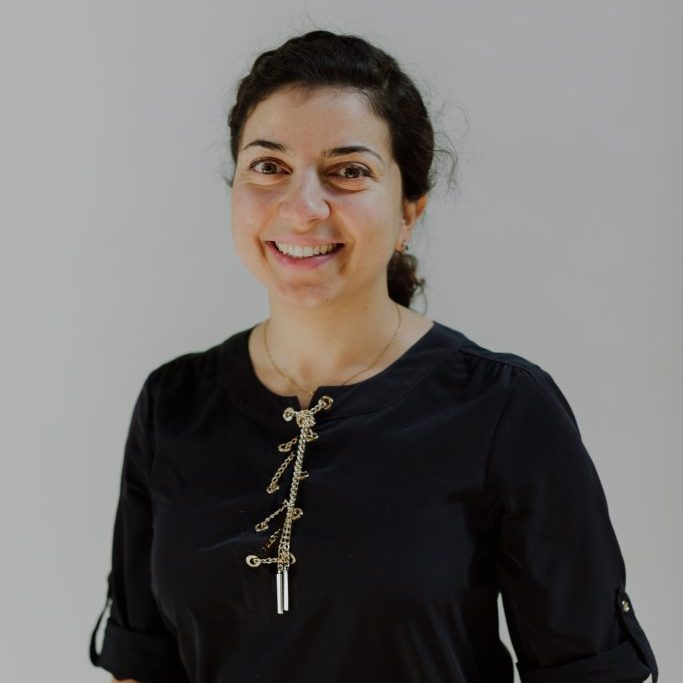
Meet Liane (MEng ChemE)
In an interview with National Engineering Month Ontario as well as U of T Engineering podcast Tell Me More: Coffee with Chris Yip, alumna Liane Catalfo (ChemE 2T8 + PEY, MEng 2T0) shares how U of T's Master of Engineering (MEng) program supports her career.
MEng students in the news
Apply to Master of Engineering program
Visit the How to Apply page to view information on how to apply to the Master of Engineering program, including application deadlines.
Tips for applicants
Consider applying to the MEng program in two different departments. Depending on the courses you took in your undergraduate degree, more than one departmental pathway can help you reach your goals. Applicants often apply to the following department combinations:
- The Edward S. Rogers Sr. Department Electrical & Computer Engineering (ECE) and U of T Institute for Aerospace Studies (UTIAS)
- Department of Mechanical & Industrial Engineering (MIE) and Department of Materials Science & Engineering (MSE)
- Department of Mechanical & Industrial Engineering (MIE) and Department of Civil & Mineral Engineering (CivMin)
- Department of Chemical Engineering & Applied Chemistry (ChemE) and Department of Civil & Mineral Engineering (CivMin)
- Department of Chemical Engineering & Applied Chemistry (ChemE) and Department of Materials Science & Engineering (MSE)
- The MEng program is designed with flexibility in mind. For instance, you can complete an MEng emphasis in Data Analytics & Machine Learning via five different departments: ChemE, CivMin, ECE, MIE or MSE.
- Students also have flexibility to take electives outside their home department and enrol in other engineering courses as part of their electives.
- When applying, consider the emphases you're most interested in, and how the departments you apply to can help you focus your studies.
Learn about admissions and application deadlines

